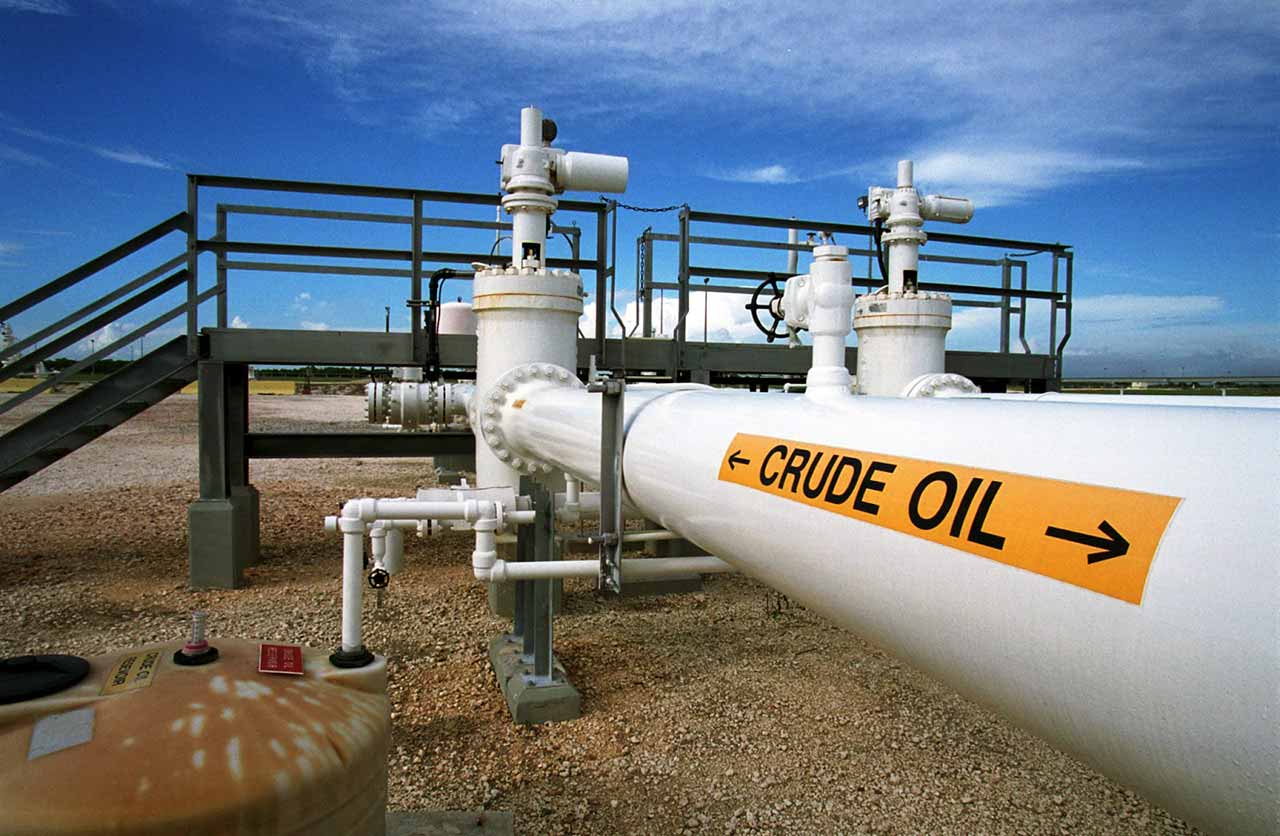How to Export Crude Petroleum from Nigeria
How to Export Crude Petroleum from Nigeria
Exporting crude petroleum from Nigeria can be a lucrative venture due to the country’s abundant oil reserves. However, it involves a detailed process governed by strict regulations. Here’s a step-by-step guide to help you navigate the process of exporting crude petroleum from Nigeria.
1. Understand the Legal Framework
Overview: Exporting crude petroleum from Nigeria is regulated by the Nigerian government to ensure proper management and compliance. Key regulatory bodies include the Nigerian National Petroleum Corporation (NNPC), the Department of Petroleum Resources (DPR), and the Nigerian Export Promotion Council (NEPC).
Key Points:
- NNPC: Oversees all oil and gas operations in Nigeria.
- DPR: Issues licenses and ensures compliance with petroleum laws.
- NEPC: Facilitates the export process and promotes Nigerian exports.
Sources:
- Nigerian National Petroleum Corporation (NNPC)
- Department of Petroleum Resources (DPR)
- Nigerian Export Promotion Council (NEPC)
2. Obtain the Necessary Licenses
Overview: You need several licenses to legally export crude petroleum from Nigeria. These include the Oil Mining Lease (OML), the Export Permit, and the License to Export.
Key Licenses:
- Oil Mining Lease (OML): Issued by the DPR, it allows the holder to explore, develop, and produce oil within a specific area.
- Export Permit: Required to export crude oil, obtained from the DPR.
- License to Export: Issued by the DPR, it grants permission to export petroleum products.
Sources:
3. Register with the Nigerian Export Promotion Council (NEPC)
Overview: Registering with the NEPC is mandatory for all exporters. This registration facilitates access to export incentives and ensures compliance with export regulations.
Steps:
- Visit the NEPC Website: Access the registration portal.
- Complete the Registration Form: Provide necessary details about your business.
- Submit Required Documents: Include business registration documents, tax identification number, and other relevant paperwork.
- Receive Export Certificate: Upon approval, you will receive an export certificate.
Sources:
4. Compliance with NAPIMS
Overview: The National Petroleum Investment Management Services (NAPIMS) oversees the investment in the petroleum sector. Compliance with NAPIMS regulations is crucial for smooth operations.
Steps:
- Engage with NAPIMS: Ensure your operations align with NAPIMS guidelines.
- Regular Reporting: Submit regular reports on your operations and exports.
Sources:
5. Export Documentation and Procedures
Overview: Proper documentation is critical for exporting crude petroleum. Ensure all necessary documents are in place to avoid delays and penalties.
Key Documents:
- Bill of Lading: Document issued by the shipping company acknowledging receipt of cargo.
- Commercial Invoice: Details the sale transaction between the buyer and seller.
- Certificate of Origin: Certifies the origin of the crude oil.
- Quality and Quantity Certificates: Issued by inspection agencies to confirm the quality and quantity of the oil.
Export Procedures:
- Quality and Quantity Inspection: Engage an independent inspection agency to verify the quality and quantity of the crude oil.
- Customs Clearance: Submit all necessary documents to the Nigerian Customs Service for clearance.
- Shipping: Arrange for the transportation of the crude oil to the destination country.
Sources:
6. Engage a Reputable Shipping Company
Overview: Partner with a reputable shipping company experienced in handling crude oil exports. This ensures the safe and timely delivery of your cargo.
Key Considerations:
- Experience: Choose a company with a proven track record in crude oil shipping.
- Insurance: Ensure the shipping company provides adequate insurance coverage.
- Compliance: Verify that the shipping company complies with international maritime regulations.
Sources:
Conclusion
Exporting crude petroleum from Nigeria involves navigating a complex regulatory environment and ensuring compliance with numerous legal and procedural requirements. By understanding the legal framework, obtaining the necessary licenses, registering with the NEPC, and adhering to proper export documentation and procedures, you can successfully export crude petroleum from Nigeria. Partnering with reputable shipping companies and ensuring compliance with all regulations will further enhance the efficiency and success of your export operations.








LEAVE A COMMENT
You must be logged in to post a comment.